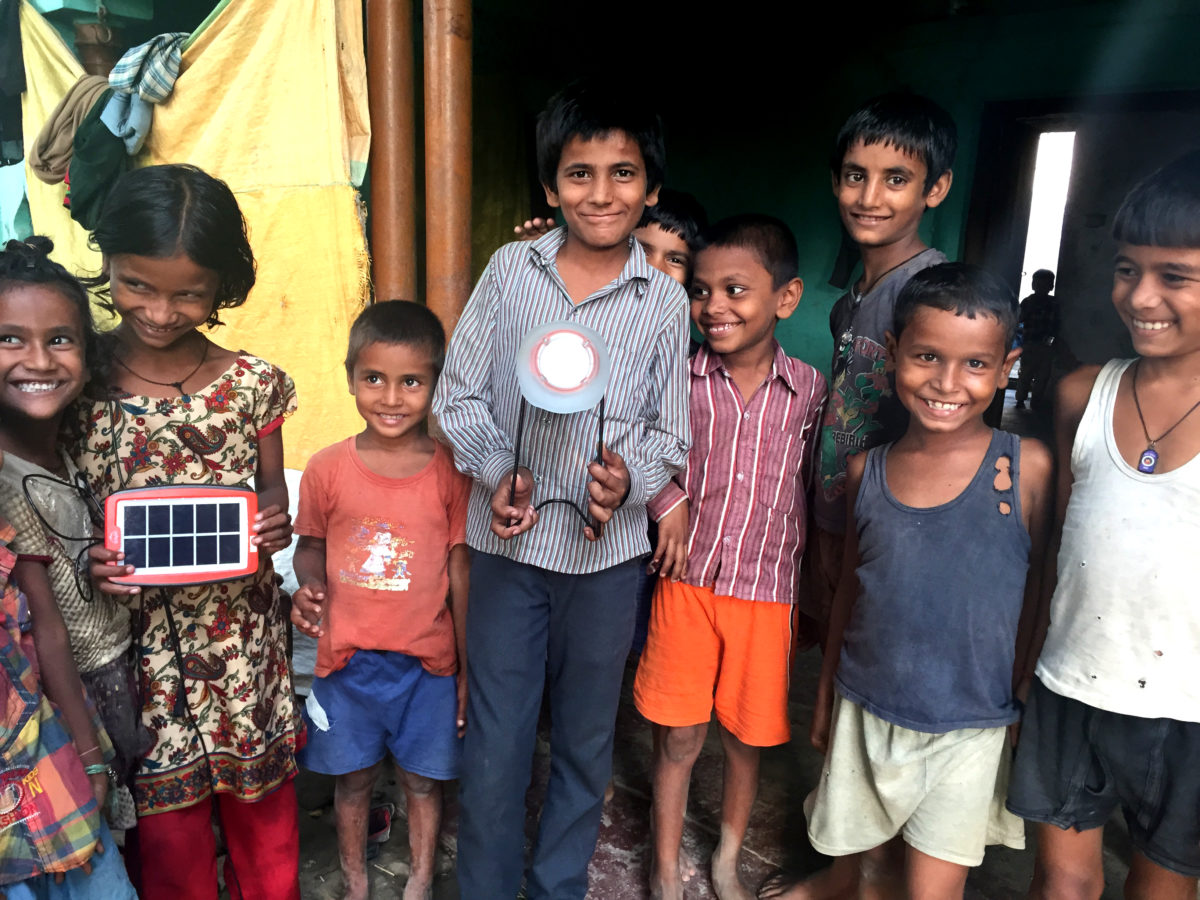Under Phase-III of Off-grid and Decentralized Solar PV Application Programme, 300,000 solar street lights will be installed throughout the nation, and standalone solar PV power plants of individual size up to 25 kWp will be promoted in areas where grid power has not reached or is not reliable. Also, 2.5 million solar study lamps will be provided.
For installation of solar street lights, special emphasis will be given on areas without facility for street lighting systems through grid power.
Standalone solar PV power plants will help to provide electricity to schools, hostels, panchayats, police stations and other public service institutions. The aggregated capacity of solar power plants would be 100 MWp.
For solar street lights and solar power plants, financial support up to 30% of the system’s benchmark will be provided, except for NE States, Hill States and Island UTs where up to 90% of the benchmark cost will be provided. For solar study lamps only 15% of the lamp cost to be borne by beneficiary student and balance will be provided as financial support as such systems will be provided to school-going children in backward and remote areas.
The total project cost under Phase III is Rs 18.95 billion, of which Rs 6.37 billion will be provided as central financial assistance.
The off-grid solar systems are expected to open better livelihood opportunities for beneficiaries in rural and remote areas, thereby increasing self-employment in such areas. It is estimated that, besides increasing self-employment, the implementation of Phase-Ill is likely to generate employment opportunity equivalent to 867,000 man-days for skilled and unskilled workers.
Phase-III of the programme is likely to benefit four million rural households. In addition, off-grid solar power plants proposed in the programme to provide electricity to schools, hostels, panchayats, police stations and other public service institutions will help communities at large and also help in increasing participation of women in education, social and livelihood activities.
This content is protected by copyright and may not be reused. If you want to cooperate with us and would like to reuse some of our content, please contact: editors@pv-magazine.com.



By submitting this form you agree to pv magazine using your data for the purposes of publishing your comment.
Your personal data will only be disclosed or otherwise transmitted to third parties for the purposes of spam filtering or if this is necessary for technical maintenance of the website. Any other transfer to third parties will not take place unless this is justified on the basis of applicable data protection regulations or if pv magazine is legally obliged to do so.
You may revoke this consent at any time with effect for the future, in which case your personal data will be deleted immediately. Otherwise, your data will be deleted if pv magazine has processed your request or the purpose of data storage is fulfilled.
Further information on data privacy can be found in our Data Protection Policy.